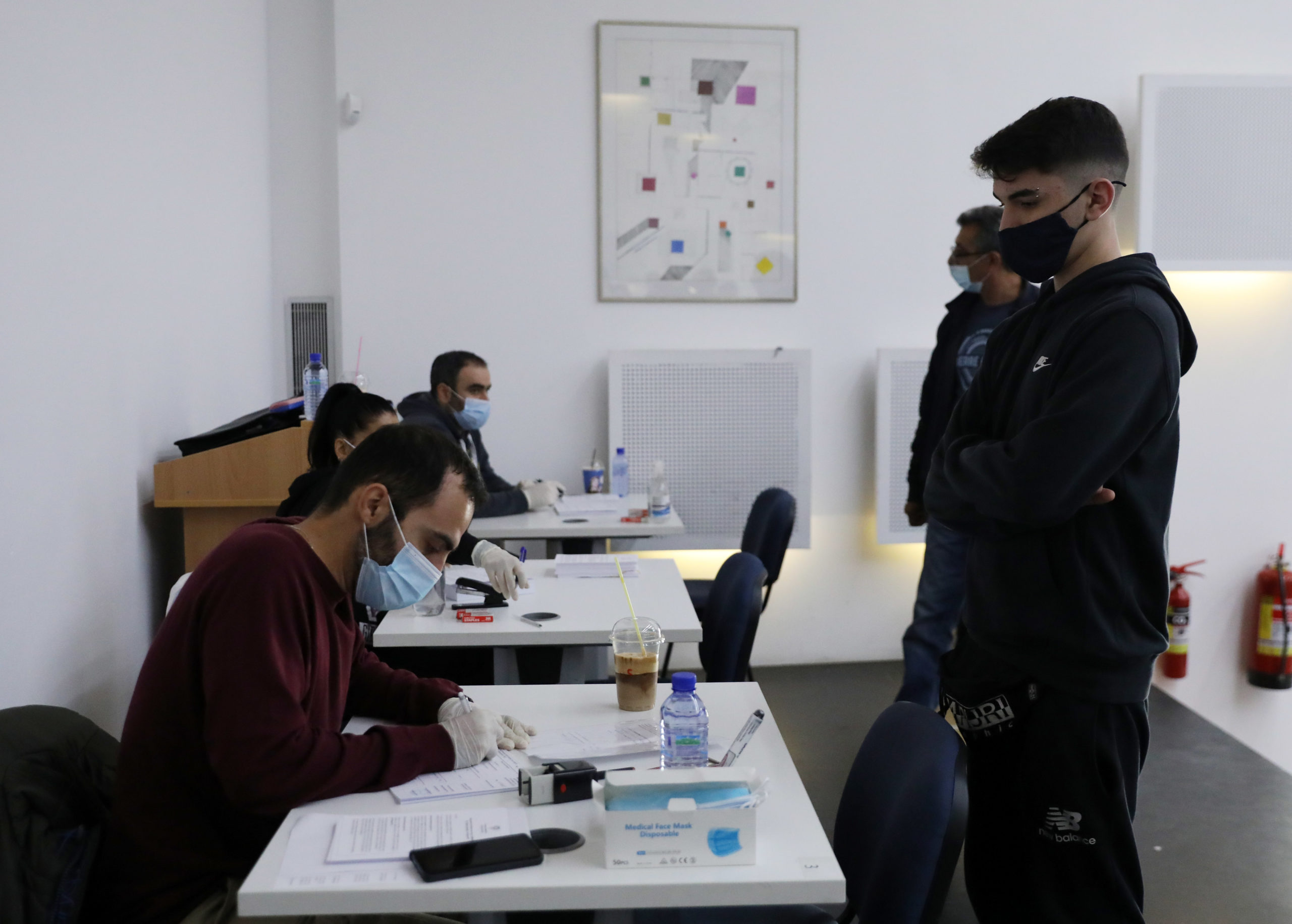It’s January again, like last year, people are thinking about how school classes will resume, when will restrictions be lifted for bars and restaurants, what sort of normalcy will return after two years of working from home and being out of touch with loved ones.
However, there is a sense of complacency, linked mainly to restriction fatigue, judging from the growing number of people who do not distance or keep safe, especially in malls.
This is also encouraged by the misleading questions posed by almost every TV or radio show to the band of medical celebrities parading on our screens.
They often ask, even more persistently nowadays, “when will we see the end of the coronavirus” or “how milder is Omicron from Delta?”
These are simple concerns but presented wrong, with government officials never giving a clear picture.
Medical and scientific advisors do not want to upset the media presenters by correcting their questions for fear of being cut off from the 60 seconds of fame they are enjoying.
While Omicron appears to be less severe compared to Delta, especially among the vaccinated, it does not mean it should be categorised as ‘mild’.
“Just like previous variants, Omicron is hospitalising people, and it is killing people,” according to WHO chief Tedros Adhanom Ghebreyesus.
The World Health Organisation is still struggling to pass on the message that “vaccines can protect you from serious illness and death from COVID-19.”
“But after being vaccinated, you should still wear a mask, keep a safe distance, open windows, cough or sneeze into your elbow, and keep your hands clean in order to stop the virus.”
The aim is to protect yourself, protect others, prevent new variants, break the chain of transmission, and keep health workers and hospitals safe.
The latter should have been the strongest of all messages, especially in Cyprus, where hospitalisations have exceeded the 200-bed safety margin for treating Covid-19 patients.
With the watered-down measures announced by the government before the Christmas and New Year breaks and the disappointing rules after the holidays, politicians are saying it is OK to congregate, especially in churches.
The reason given is that Omicron is ‘milder’.
But that’s like saying that a brain tumour is milder than leukaemia.
Disregarding that cancer is deadly, no matter if some variants are treatable.
This complacency prevents people from keeping to strict health and safety rules, not realising that the bigger the strain on hospitals and health workers, the risk of creating a bed shortage, denying patients suffering from other ailments or emergencies from receiving the treatment they deserve.
Measures need to be implemented across the board, and those who do keep to strict rules ought to be rewarded, not punished.
The government cannot afford more lockdowns and has no cash to support any relief package.
Businesses ought to be allowed to operate, the most important being implementing measures.
The tougher it is for hospitals to cope with the crisis, the longer it will take for the Cyprus economy to recover and prepare for the upcoming tourist season, if any.










